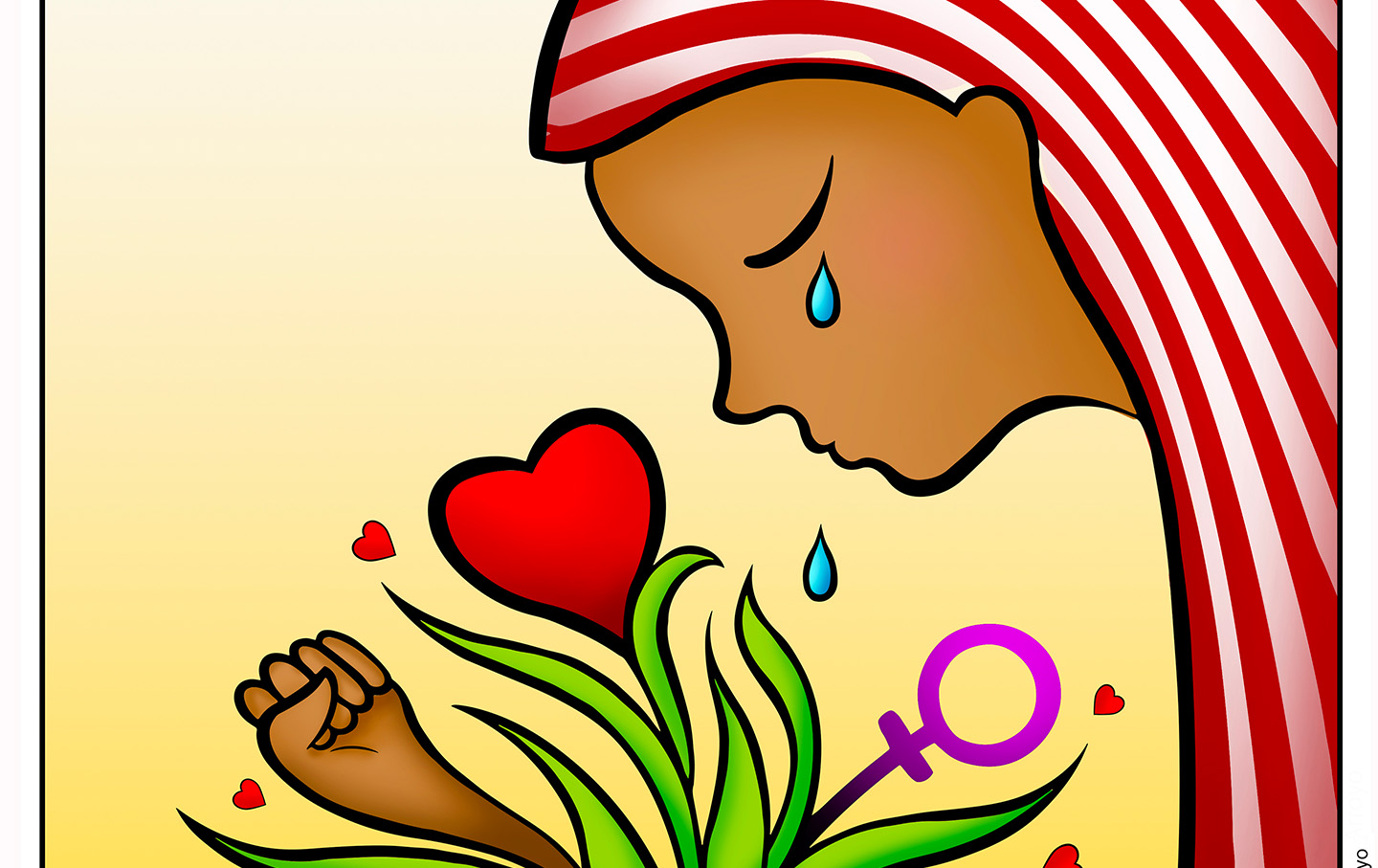Climate Change Has Upended Kenya’s Agricultural Economy
As the region faces unprecedented flooding, farmers are struggling to make ends meet.
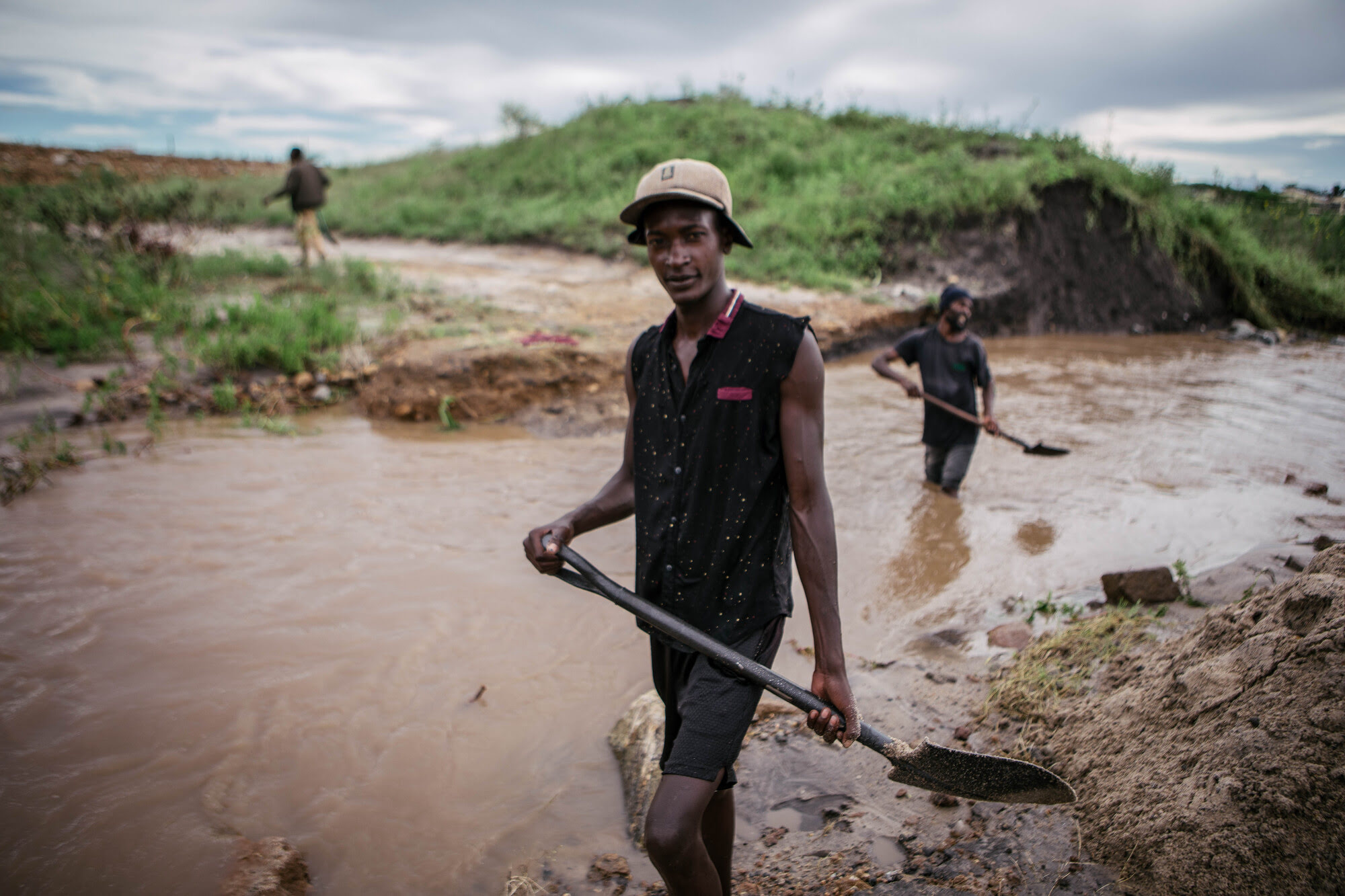
Every year, it’s typical in East Africa for the autumn to come with a short rainy season from October to December. But the rain in this region has gotten progressively worse, with last season’s downpour displacing more than half a million people and killing at least 174 people. This year, the UN says that 210 people have died in Kenya because of the catastrophic flooding.
Researchers found that the heavy and tumultuous rainfall in 2023 was about two times what it would have been without human-caused climate change. While a natural climate cycle known as the Indian Ocean Dipole has also contributed to the uptick in rainfall, scientists from the World Weather Attribution say the extreme flooding is the result of man-made environmental neglect.

On top of killing hundreds and displacing thousands, the extreme weather in Eastern Africa has also been particularly cataclysmic for those who rely on agricultural work to make ends meet.
“Since October last year ‘til now, there’s [been] no farming work,” says Elkana Wanyama. Along with nine of their children, Elkana and his wife Rose live hand to mouth, depending mostly on casual labor.
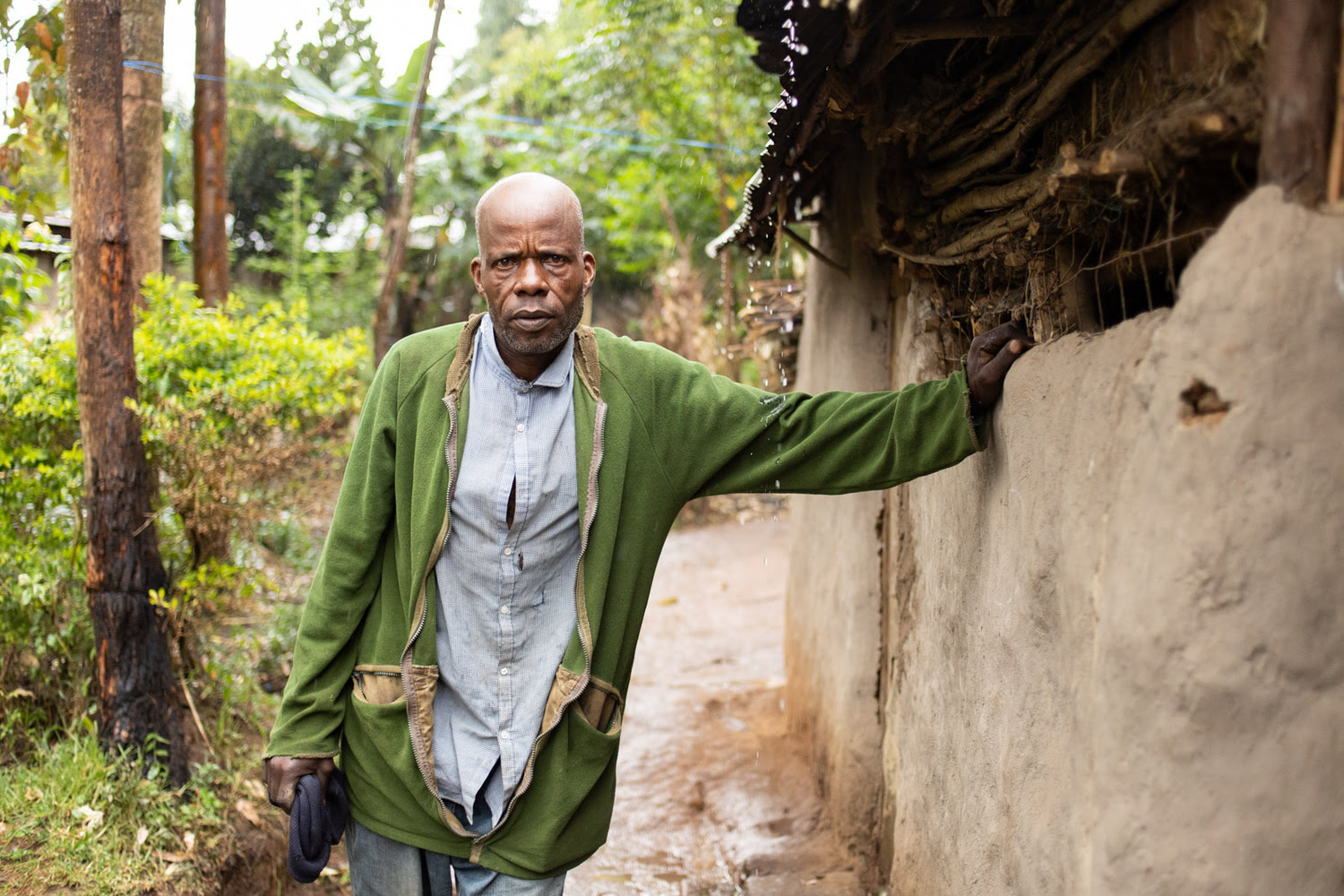
In Kenya, agriculture employs more than 75 percent of the workforce, but in Kitale, the “breadbasket of Kenya,” an even greater percentage of people rely on casual employment from the agricultural sector.
Because of flooding on their small plot of land, Elkana and Rose can no longer plant corn, a staple crop that could feed their family. They’ve started planting eucalyptus to help drain the excess water. Previously, when too much rain would come, even their home would flood.
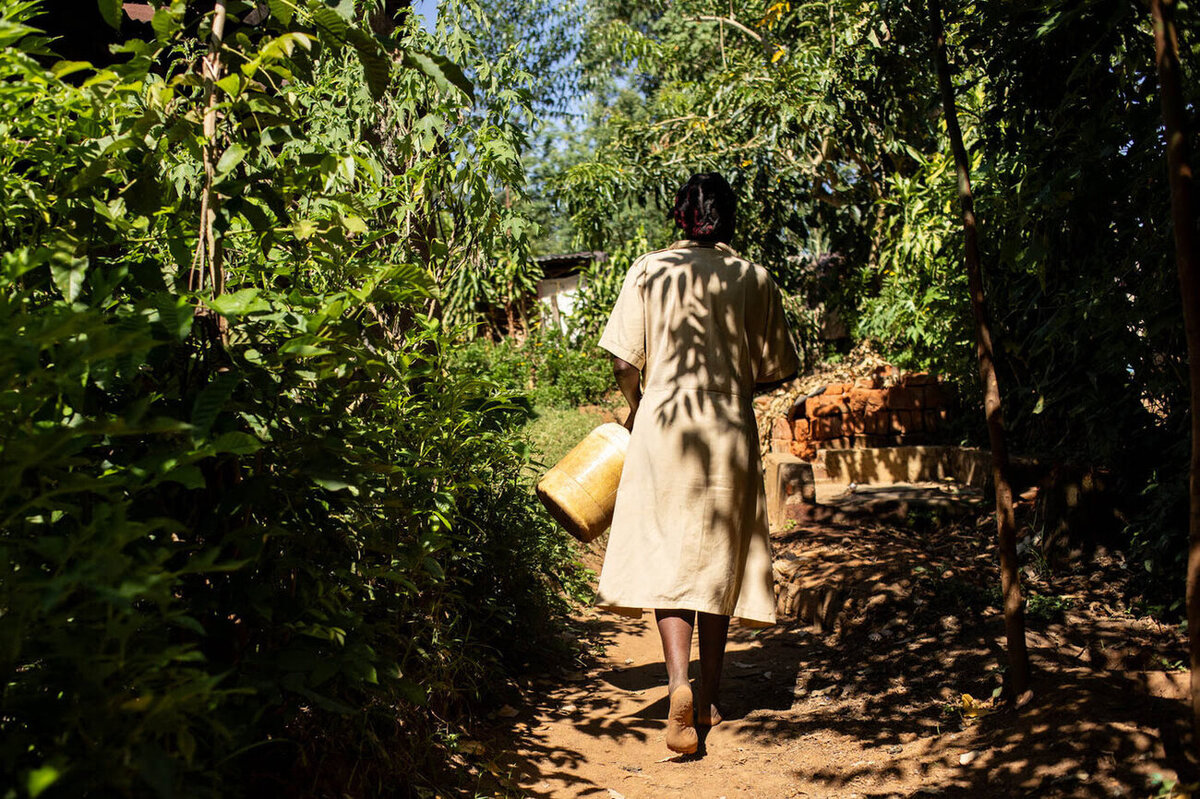
It used to be that December through February was the dry season. Rain would come in March, and farmers would plant corn accordingly. But these days, rain cycles are more and more unpredictable. Because of this, large-scale farmers have lower yields and are cutting employees, driving more people into poverty.
In Kenya, the majority of people in extreme poverty live in rural areas. The number of those living on less than $2.15 USD a day in rural regions is about 10.6 million, while 1.7 million people in extreme poverty live in urban areas.
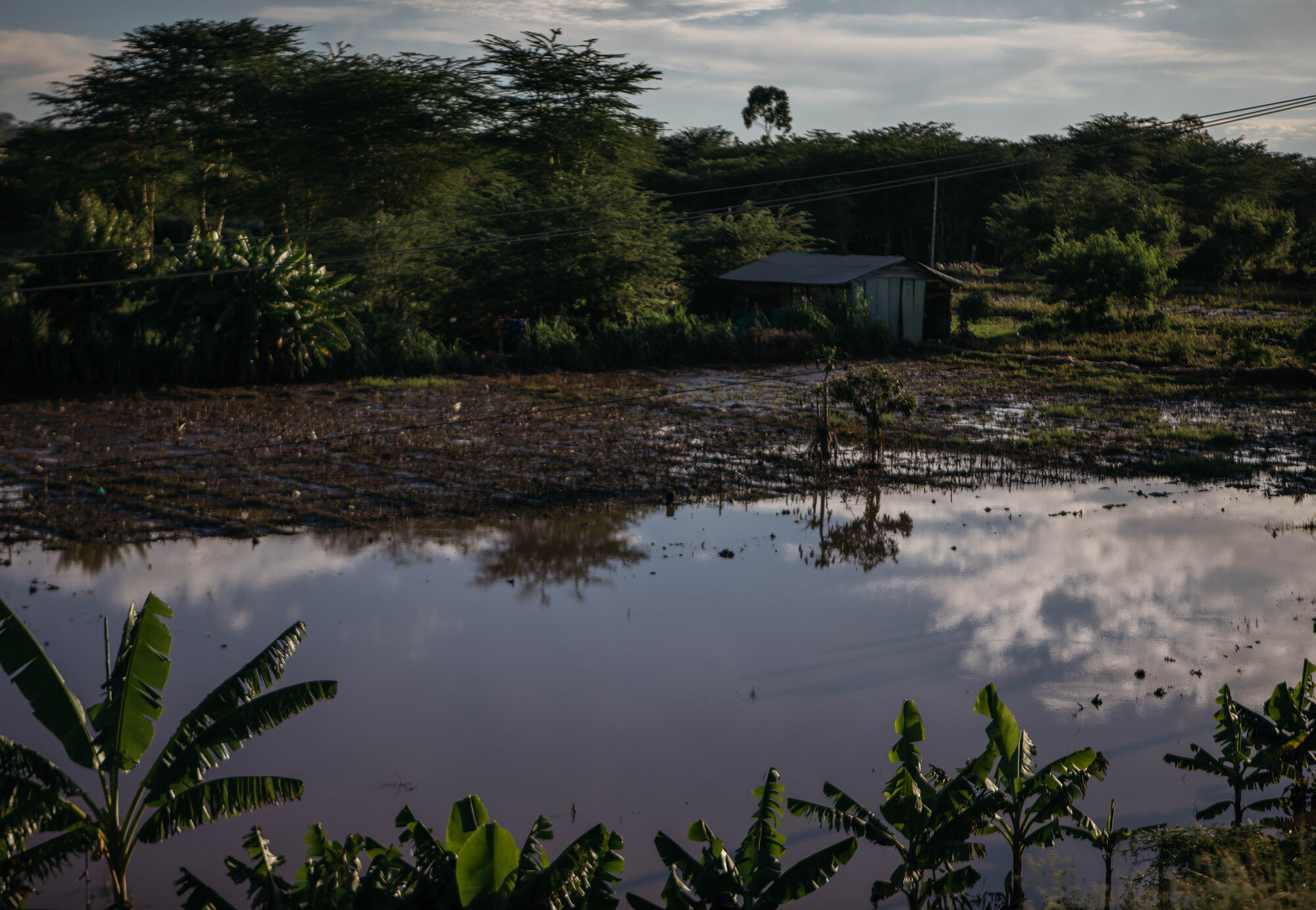
When floods do come, many families’ latrines overflow and sickness can spread through the neighborhood to those who don’t have money to go to the hospital. Locals share that cases of malaria are also increasing because mosquitos thrive in wet climates and those who cannot afford a mosquito net, a necessity in rural Kenya, are placed at further risk.
Pastor Stephen Churu says, “That’s when you find children dying. And that’s common for now and is really happening. Now [people] are asking, ‘Why don’t they find another means of disposing whatever they’re disposing that will not cause global warming?’ That is their great prayer that something can be done about it.”
With less crops being produced in Kitale, the cost of living and the price of food in all of Kenya has increased. Even neighboring countries depend on Kenya’s agricultural yield, making the lack of food an international crisis.



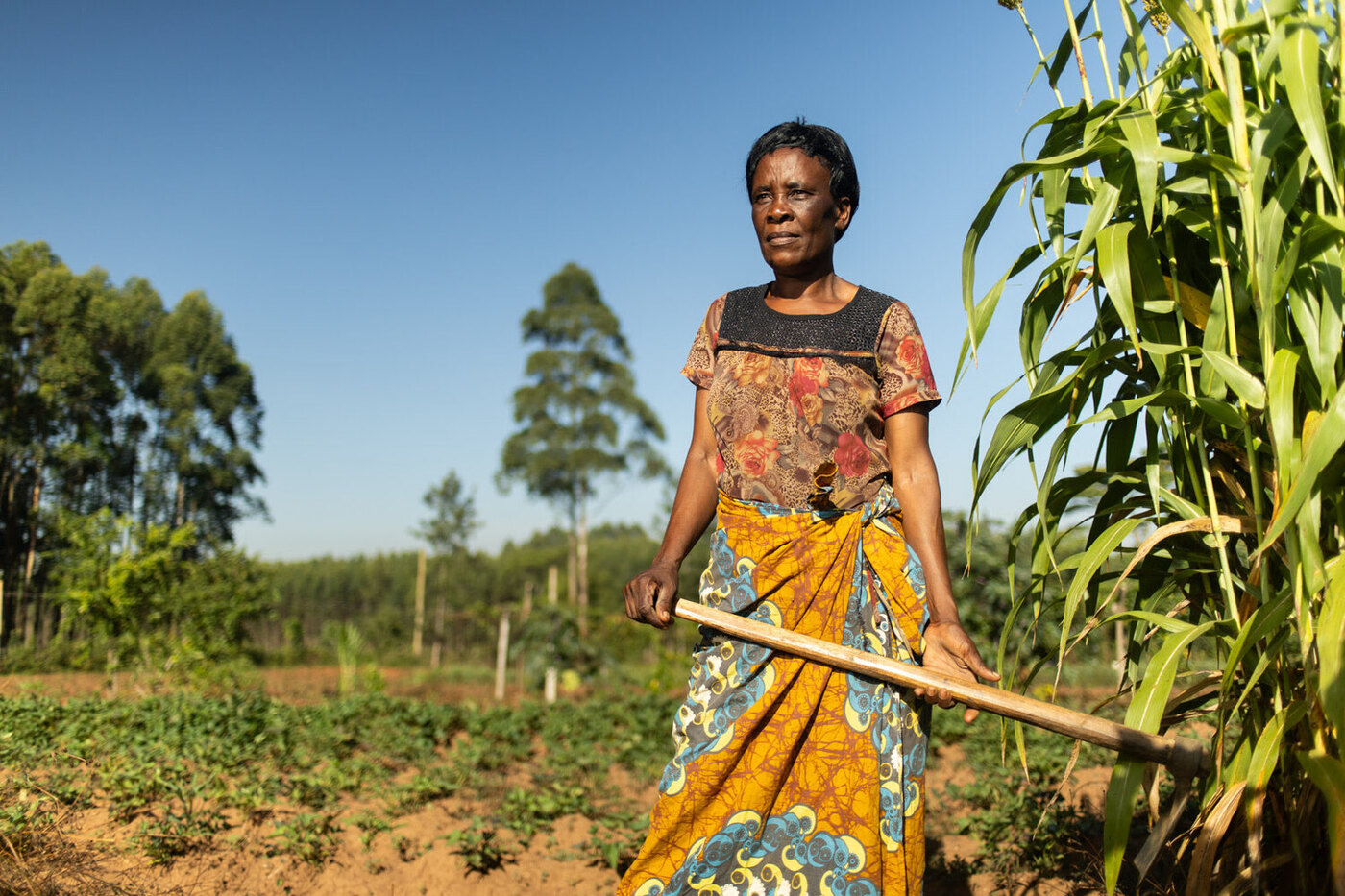
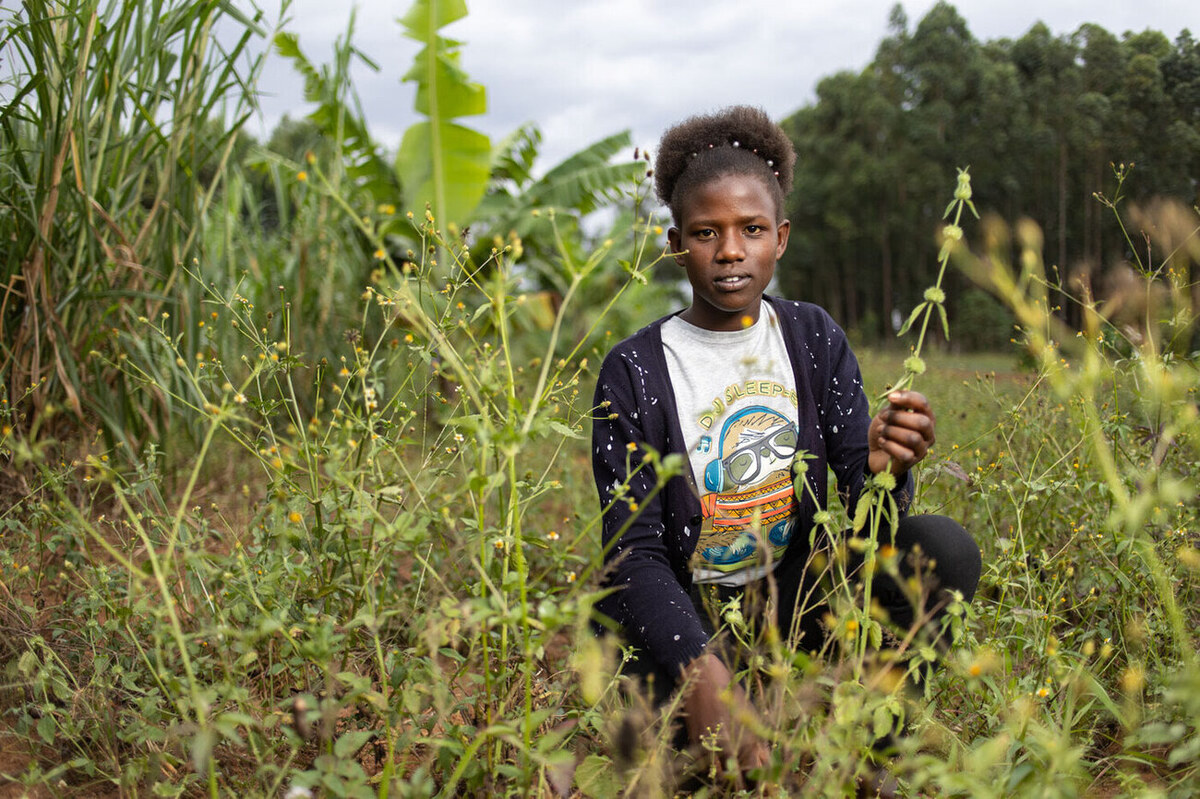
We cannot back down
We now confront a second Trump presidency.
There’s not a moment to lose. We must harness our fears, our grief, and yes, our anger, to resist the dangerous policies Donald Trump will unleash on our country. We rededicate ourselves to our role as journalists and writers of principle and conscience.
Today, we also steel ourselves for the fight ahead. It will demand a fearless spirit, an informed mind, wise analysis, and humane resistance. We face the enactment of Project 2025, a far-right supreme court, political authoritarianism, increasing inequality and record homelessness, a looming climate crisis, and conflicts abroad. The Nation will expose and propose, nurture investigative reporting, and stand together as a community to keep hope and possibility alive. The Nation’s work will continue—as it has in good and not-so-good times—to develop alternative ideas and visions, to deepen our mission of truth-telling and deep reporting, and to further solidarity in a nation divided.
Armed with a remarkable 160 years of bold, independent journalism, our mandate today remains the same as when abolitionists first founded The Nation—to uphold the principles of democracy and freedom, serve as a beacon through the darkest days of resistance, and to envision and struggle for a brighter future.
The day is dark, the forces arrayed are tenacious, but as the late Nation editorial board member Toni Morrison wrote “No! This is precisely the time when artists go to work. There is no time for despair, no place for self-pity, no need for silence, no room for fear. We speak, we write, we do language. That is how civilizations heal.”
I urge you to stand with The Nation and donate today.
Onwards,
Katrina vanden Heuvel
Editorial Director and Publisher, The Nation
More from The Nation

Trans People Shouldn’t Be Scapegoated for Democrats’ Failures Trans People Shouldn’t Be Scapegoated for Democrats’ Failures
Politicians and pundits are stoking a backlash to trans rights in the wake of the election. They’re playing a dangerous game.

What Will a Peace Movement Look Like Under Trump’s Second Presidency? What Will a Peace Movement Look Like Under Trump’s Second Presidency?
An all-hands-on-deck approach to the coming world of Donald Trump and crew is distinctly in order.

Bernie Sanders Is Leading a Bold New Effort to Block Arms Sales to Israel Bernie Sanders Is Leading a Bold New Effort to Block Arms Sales to Israel
The senator has more allies than ever in his fight to hold Israel accountable and save lives in Gaza.

Warning From the Past Warning From the Past
In a new film, journalists confront a dictator.

Mr. Scarborough Goes to Mar-a-Lago Mr. Scarborough Goes to Mar-a-Lago
The hosts of Joe Biden’s favorite political talk show have quickly pivoted to kissing the ring of the incoming president.

